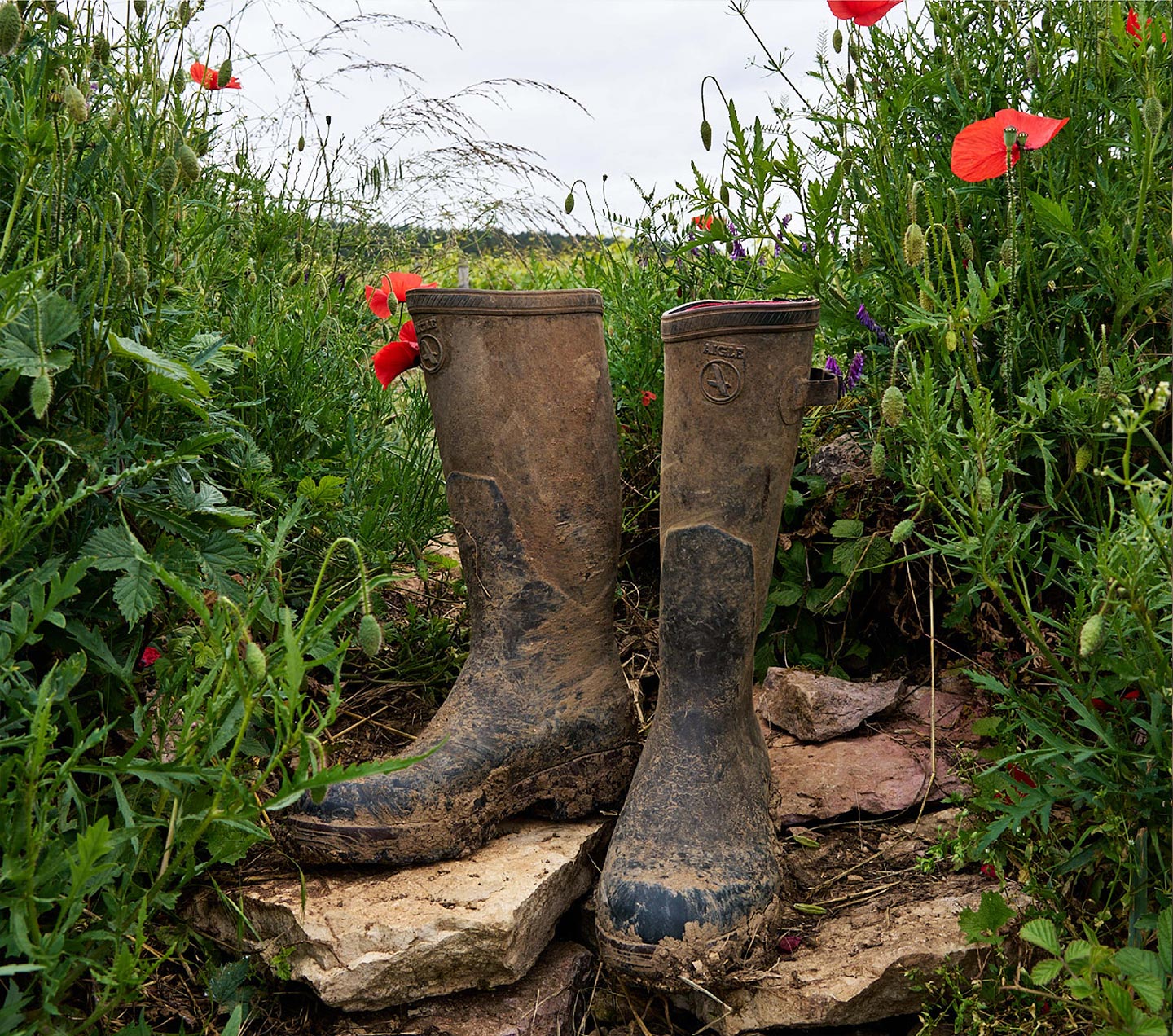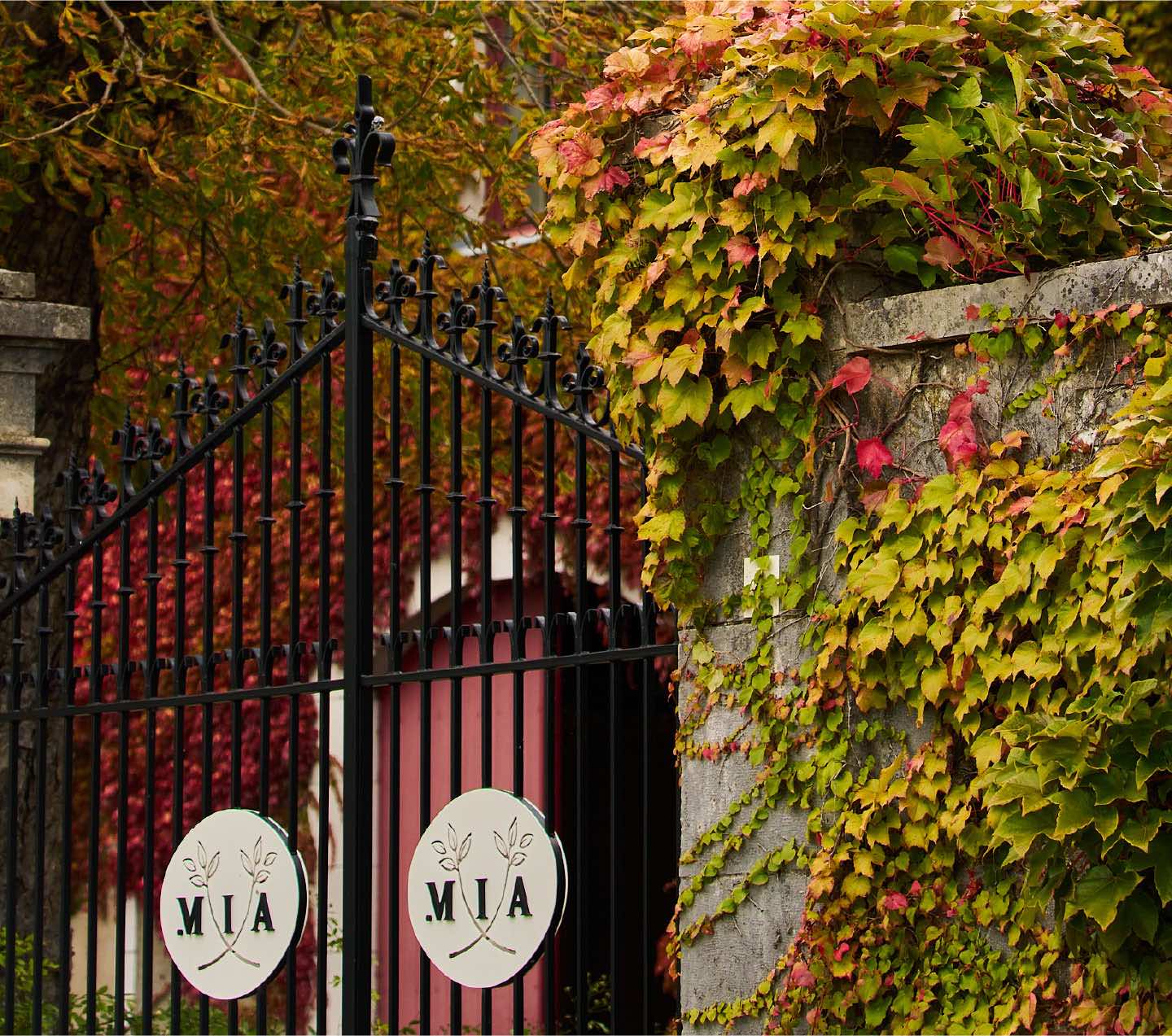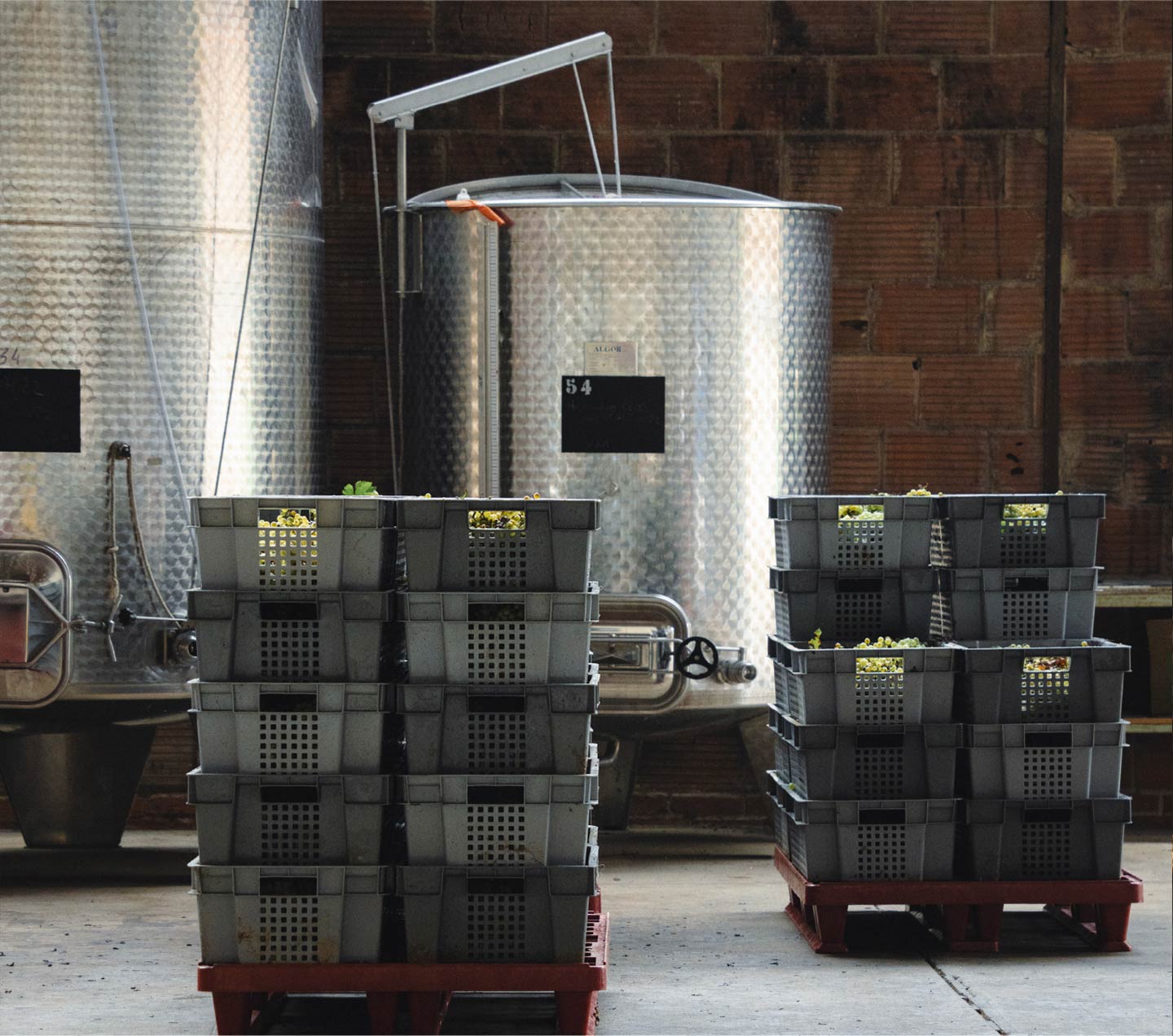Biodynamics, an environmentally friendly agricultural method, is gaining popularity among winemakers worldwide. Although adopted by a growing number of wine producers, it remains quite rare in Burgundy. At Domaine Mia, we are convinced that this approach offers significant benefits for the quality and diversity of wines. What are the benefits of biodynamics on wine? Here’s an overview.
First of all, what is biodynamics?
Biodynamics is an agricultural method founded by Austrian philosopher Rudolf Steiner in the 1920s. It is based on a holistic view of agriculture, treating the farm as a living and self-sustaining organism.
The principles of biodynamics include the use of natural preparations, respect for lunar cycles, and the preservation of biodiversity.
Today, Pascaline Lepeltier, MOF and best sommelier of France, is one of the ardent advocates of biodynamics. She describes Biodynamics as agriculture in harmony with nature, attentive to natural cycles and ecological balance. Indeed, the fundamental principle of biodynamic farming is to consider the vineyard as an organism interacting with its environment. Every element of the ecosystem, including plants, animals, and soils, must work in synergy to maintain the health and vitality of the whole..
So, what’s the difference from organic farming?
Unlike conventional agriculture, both practices exclude the use of pesticides and chemical fertilizers and pursue the same objectives of preserving plants and biodiversity through the implementation of practices that respect natural balances.
Compared to organic farming, biodynamics goes even further in the goal of producing wine as naturally as possible. This involves using inputs composed entirely of natural elements and taking a broader view of the ecosystem and its interactions.
Notably, biodynamics considers the influence of lunar cycles on plant growth. Thus, certain viticultural activities, such as pruning, planting, or harvesting, are planned according to the phases of the moon or the sun.
Organic farming has numerous labels, with the Ecocert label certifying practices on vines and vineyards.
In biodynamics, two labels are noteworthy: DEMETER label and BIODYVIN.
Biodynamics: Restoring the Nourishing Richness of Soils
Neglected for too long in recent decades, the soil is at the heart of the attention given to biodynamic farming to restore a living and healthy soil.
Biodynamic techniques include crop rotation, the use of organic composts, and the promotion of biodiversity to maintain and enrich soil quality. The goal is to create a soil rich in microorganisms that support the health and resilience of the vines.
Did you know that soil is one of the largest reservoirs of biodiversity and genetic resources on our planet?
Biodiversity: The Ally of Success in Biodynamics
Another essential component of biodynamics is the promotion of biodiversity in and around the vineyards. Vineyards are complemented by hedges, trees, and flowers to attract a variety of beneficial insects and pollinators. They may also integrate animals such as sheep or chickens to control weeds and naturally fertilize the soil.
This biodiversity creates a balanced ecosystem where pests and diseases are naturally controlled, eliminating the need for chemical pesticides. Soils rich in life are also better able to provide the necessary nutrients to the vines, resulting in grapes that are richer in flavors and aromatic components. Wines produced from these grapes therefore better reflect their terroir, offering unique characteristics and increased complexity.
Inputs, Yes, but Natural Ones
Strengthening plantations has always been a cultivation principle to improve harvests.
In biodynamics, preparations are specific mixtures made from plants, minerals, and organic materials. For example, preparation 500, also known as horn manure, or preparation 501 (horn silica) are applied to improve soil structure and stimulate biological processes. These treatments enrich the soil with microorganisms and humus, improving soil structure and its ability to retain water and nutrients. As a result,the vines are more resistant to diseases and extreme weather conditions, leading to healthier, higher-quality grapes.
Biodynamics: An Ethic and a Philosophy of Life
Beyond agricultural practices, biodynamics involves a philosophy of life that promotes respect for nature and harmony with the environment. This includes an ethical approach to farming, aiming to produce healthy and nutritious food while preserving natural resources for future generations.
The principles of biodynamics benefit vineyard health and the quality of the wines produced.
Biodynamics: what benefits for wine? A quality ally
The results on wine quality are tangible..
Specifically, biodynamic viticulture enhances the balance, aromatic complexity, harmony, finesse, and delicacy of wines.
Les Biodynamic wines express their terroir more authentically and, in terms of taste, they are generally richer and the flavors more concentrated.
Since the vines and grapes have been optimized in their growth, the wine has better aging potential.
Domaine Mia: progressing towards biodynamics
In Burgundy, Domaine Mia is among the few wineries that have opted for organic viticulture with Ecocert certification obtained more than 10 years ago..
Building on this foundation of organic farming expertise, we have gradually moved towards biodynamics to offer wines that are increasingly aromatic and refined.
We have already implemented several practices in our vineyards, with long-term work done on the soils which have finally regained a richness conducive to the natural development of the vines and grapes. This effort led to our DEMETER certification for our vineyards in 2023..
Far from being an end, these labels motivate us to continue our efforts, and we continue to develop all these practices gradually, as it is Nature that sets the pace.
Discover our organic Burgundy wine collections and taste the benefits of biodynamics on wines.




